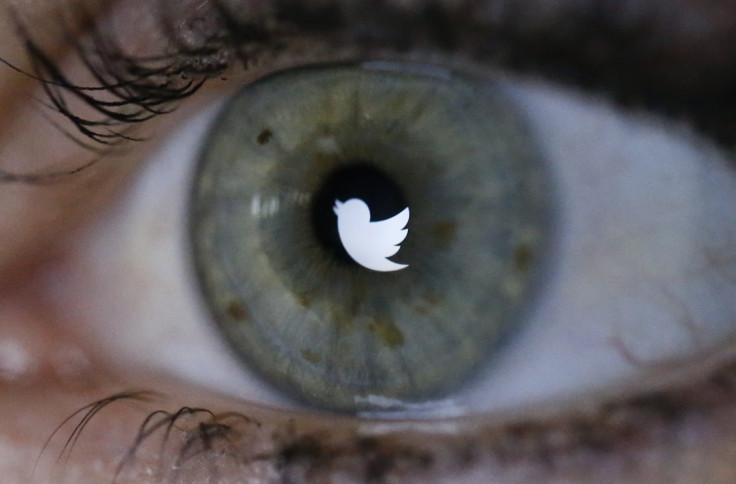What Your Twitter Says About You: Your Tweets Could Tell Your Followers How Much Money You Make

We recently learned that a person’s voice on Twitter could indicate if they are egocentric, so what else can our presence on social media say about us? A team of computer scientists from the University of Pennsylvania have successfully used the online behavior of over 5,000 Twitter users to not only group them based on their income, but also show how their income impacts their tone on social media.
"Lower-income users or those of a lower socioeconomic status use Twitter more as a communication means among themselves," said Daniel Preotiuc-Pietro, a post-doctoral researcher in Penn's Positive Psychology Center in the School of Arts & Science, in a statement. "High-income people use it more to disseminate news, and they use it more professionally than personally."
Preotiuc-Pietro and his colleagues adopted a job code system used in the United Kingdom that arranges occupations into nine classes. Average income was determined for each code before researchers created representative samples from 5,191 Twitter users and over 11 million tweets. Lastly, the research team created a statistical natural language processing algorithm capable of pooling words used most by each Twitter user. This algorithm was used to “understand” which words were predictive of each class.
As expected, the research team produced findings similar to research in the past, including how a person’s tweets can indicate their age and gender, which are often tied to income. However, they were surprised to learn that Twitter users with higher income were more likely to post tweets that convey fear and anger. On the other hand, lower income Twitter users were considered more optimistic, but used more curse words. Tweets from higher income users frequently involved politics and business.
"It's the largest dataset of its kind for this type of research," Preotiuc-Pietro added. "The dataset enabled us to do something no one has really done before. This work attempts to highlight some of the potential causal factors in these relationships."
Due to the lack of privacy social media sites like Twitter and Facebook offer, it’s interesting that the majority of a user’s tweets delve into often intimate details. Now a new wave of psychologists are using social media accounts to improve upon expensive, limited, and biased surveys.
According to this research team, “The words people use on social media can reveal hidden meaning to those who know where to look.” Similar studies have tied a person’s voice on Twitter to mental health, prescription drug abuse, and even brain connections responsible for cognition.
Source: Aletras N, Bachrach Y, Lampos V, Volkova S, PStudying User Income through Language, Behaviour and Affect in Social Media. PLOS ONE. 2015.
Published by Medicaldaily.com



























